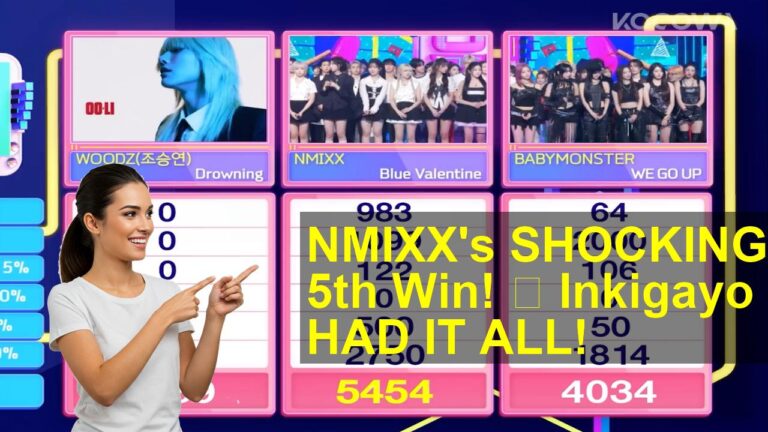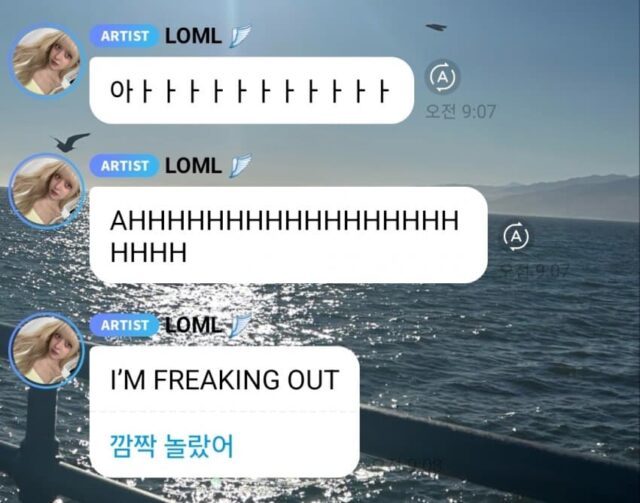
Learn Korean: Describing Daily Routines In Korean
Imagine you're meeting a Korean friend, Ji-hye, and you want to tell her about your typical morning. Let's start with waking up – in Korean, we say 'ireona'. Usually, I 'ireona' around 7 am. Next, I 'junbihada', which means 'prepare' or 'get ready'. I 'junbihada' my breakfast and clothes for the day. 'Afterwards' or 'then' is 'geureomeon' in Korean, a handy transition word. 'Geureomeon', I check my phone for messages. My 'tonggeun', or commute, is usually pretty quick. I 'tonggeun' by bus to work. I 'daebubun', meaning 'usually' or 'mostly', arrive at work by 9 am. 'Daebubun', my mornings are quite predictable. Now, tell Ji-hye about your morning routine using these phrases. Try saying, "I '-'(ireona) at '-'(7am), '-'(geureomeon) '-'(junbihada) my things, and '-'(daebubun) '-'(tonggeun) by '-'(bus/train)." Practice makes perfect, so try making your own sentences and come back next time to learn more useful Korean phrases!
Tags/Hashtags: #describingdailyroutines #ilsangsaenghwalseolmyeong #learnkorean #koreanlessons #koreanforbeginners #hangukeobaeugi #english #korean #languagelearning





